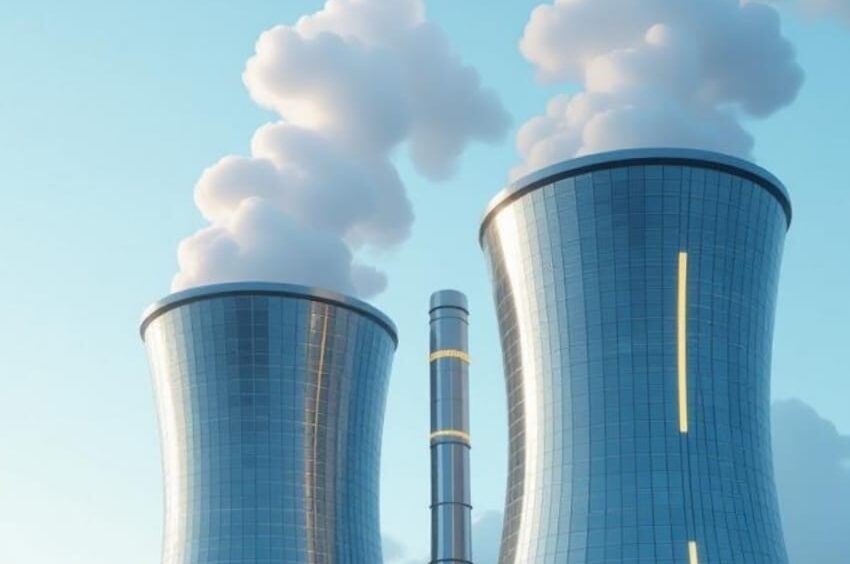Industry Leaders Call For Bold, Collaborative Push In India’s Energy Transition

“In future, every megawatt we add is a promise fulfilled, and every policy we craft will move us closer to an energy future that is globally competitive, affordable, and scalable,” says former MNRE Secretary
Senior policymakers and industry leaders on Tuesday underlined India’s commitment to building a resilient and competitive energy system, stressing that the country’s clean energy transition is a strategic choice to drive growth and innovation.
Bhupinder Singh Bhalla former MNRE Secretary said the transition is not an obligation imposed by climate concerns but “a conscious choice to anchor growth, innovation and global competitiveness.” He described the forum as “a national canvas and a global stage” where India’s energy ambitions are being shaped, adding, “In future, every megawatt we add is a promise fulfilled, and every policy we craft will move us closer to an energy future that is globally competitive, affordable, and scalable.”
Speaking in his special address, former Power Secretary and CERC Chairperson P.K. Pujari characterised the platform as “India’s electricity Davos,” and argued that flexibility, markets and citizens must remain central to the transition. “The event will enable global players to exchange ideas, explore partnerships, and nurture growth,” he said.
The remarks came at the opening of Bharat Electricity 2025, held at Yashobhoomi, IICC Dwarka, New Delhi. The event, supported by central ministries, is co-located with Powergen India and Indian Utility Week, and has drawn more than 10,000 stakeholders, including 120 policymakers and experts and over 250 exhibitors.
Narendra Bhooshan Uttar Pradesh Additional Chief Secretary (Energy) said the state was targeting a USD 1 trillion economy within five years, with the energy sector playing a central role. “Historically, we faced energy infrastructure and supply challenges, but that is changing rapidly. Today, with demand reaching 32 GW, we are among the top states in electricity supply,” he said. “We have the potential, resources and ambition to lead.”
Chairperson of the Central Electricity Authority Ghanshyam Prasad pointed to the operational hurdles in achieving large-scale integration of renewables. “It’s essential to confront the ground level challenges of executing this transition. From grid operation constraints to large-scale integration of renewables, the path ahead requires all stakeholders to come together and address these issues collaboratively,” he noted.
Former Power Secretary and current Director General of the All India Discom Association, Alok Kumar, stressed the need for systemic reforms, citing rising demand. “Energy demand in the country is growing at a CAGR of 3 per cent, and actual consumption is increasing even faster. Achieving true energy independence and reducing reliance on imported oil requires bold acceleration,” he said, outlining affordability, reliability and sustainability as the three guiding pillars.
ENCIS Director General Abhishek Bhatnagar, in his vote of thanks, said the age of AI, electrification and climate volatility demanded “infrastructure intelligence smart, self-healing, resilient, and deeply integrated with our digital public systems.”
The inaugural day featured leadership and international plenaries, as well as sessions on electricity markets and nuclear power, and concluded with the Bharat Electricity Awards 2025 recognising contributions in renewable energy and grid innovation.





































































































































































































































































































































































































































































































































































































































































































































































































































































































































































































































































































































































































